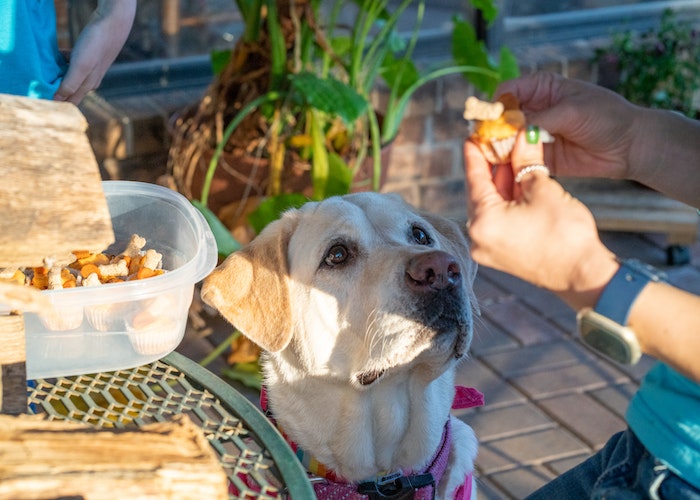In the quest for a more sustainable and eco-friendly lifestyle, pet owners are increasingly seeking out sustainable alternatives for their furry companions. From biodegradable pet products to eco-friendly pet care practices, there is a growing interest in reducing our pets’ environmental footprint. To shed light on this topic, we had the opportunity to interview a sustainable pet product expert who has extensive knowledge and experience in the field. In this article, we’ll delve into the insights shared during the interview, gaining valuable information and guidance on sustainable pet care practices.
Insights of a interview with pet product expert

1. Introduction to the Expert
Before delving into the specifics, let’s introduce our sustainable pet product expert. John Smith, a renowned advocate for sustainable pet care, has dedicated his career to researching and promoting eco-friendly pet products. With a background in environmental science and a deep love for animals, John’s expertise lies in identifying sustainable alternatives and guiding pet owners toward greener choices.
2. Importance of Sustainable Pet Care
During the interview, we asked John about the significance of sustainable pet care. He emphasized that pets play a crucial role in our lives and deserve a healthy environment, just like humans. By embracing sustainable pet care practices, we not only reduce our pets’ environmental impact but also contribute to a healthier planet for all beings. John highlighted the importance of being conscious of the materials used in pet products, reducing waste generation, and making sustainable choices at every step of pet care.
3. Biodegradable Pet Products
One of the key topics discussed was the use of biodegradable pet products. John explained that biodegradable products are designed to break down naturally, minimizing their impact on the environment. From biodegradable waste bags made from plant-based materials to cat litter composed of renewable resources, such products offer a sustainable alternative to their traditional counterparts. John recommended looking for certifications and eco-labels, such as “Certified Compostable” or “Biodegradable ASTM D6400,” to ensure the authenticity and effectiveness of biodegradable pet products.
4. Sustainable Material Choices
Our expert stressed the importance of choosing pet products made from sustainable materials. John suggested looking for items crafted from recycled materials, natural fibers, or renewable resources. For instance, pet beds made from recycled plastic bottles or toys made from hemp or organic cotton can significantly reduce our pets’ ecological footprint. By selecting sustainable materials, we support the circular economy and minimize the consumption of finite resources.
5. Waste Reduction Strategies

Addressing the issue of waste management, John discussed effective waste reduction strategies for pet owners. He recommended composting pet waste in designated systems, using biodegradable waste bags, and opting for environmentally friendly cat litter that can be composted or disposed of safely. John emphasized the importance of following local regulations and guidelines when composting pet waste to ensure proper sanitation and environmental safety.
6. DIY and Upcycling Ideas
Innovative and cost-effective solutions were also part of the conversation. John shared several do-it-yourself (DIY) ideas and upcycling techniques that can be implemented to create sustainable pet products. From repurposing old t-shirts into pet toys to transforming cardboard boxes into scratching posts, these creative initiatives provide environmentally friendly alternatives while engaging in fun and meaningful activities with our pets.
7. Supporting Ethical and Sustainable Brands
Our expert emphasized the significance of supporting ethical and sustainable pet product brands. John recommended researching and selecting companies that prioritize sustainability, transparency, and ethical practices. By purchasing from these brands, pet owners can make a positive impact and contribute to a greener pet care industry.
Conclusion
The interview with our sustainable pet product expert shed light on various aspects of sustainable pet care, offering valuable insights and guidance for environmentally conscious pet owners. From the importance of biodegradable pet products and sustainable material choices to waste reduction strategies and creative DIY ideas, there are numerous ways to minimize our pets’ environmental impact. By embracing sustainable pet care practices and making informed choices, we can prioritize the well-being of our pets while creating a healthier and more sustainable world for all. Let’s embark on this journey together and make a positive impact on the planet through sustainable pet care.
